These books will help you understand the trends you’re riding, what part of the business cycle you’re in, and what you’re up against.


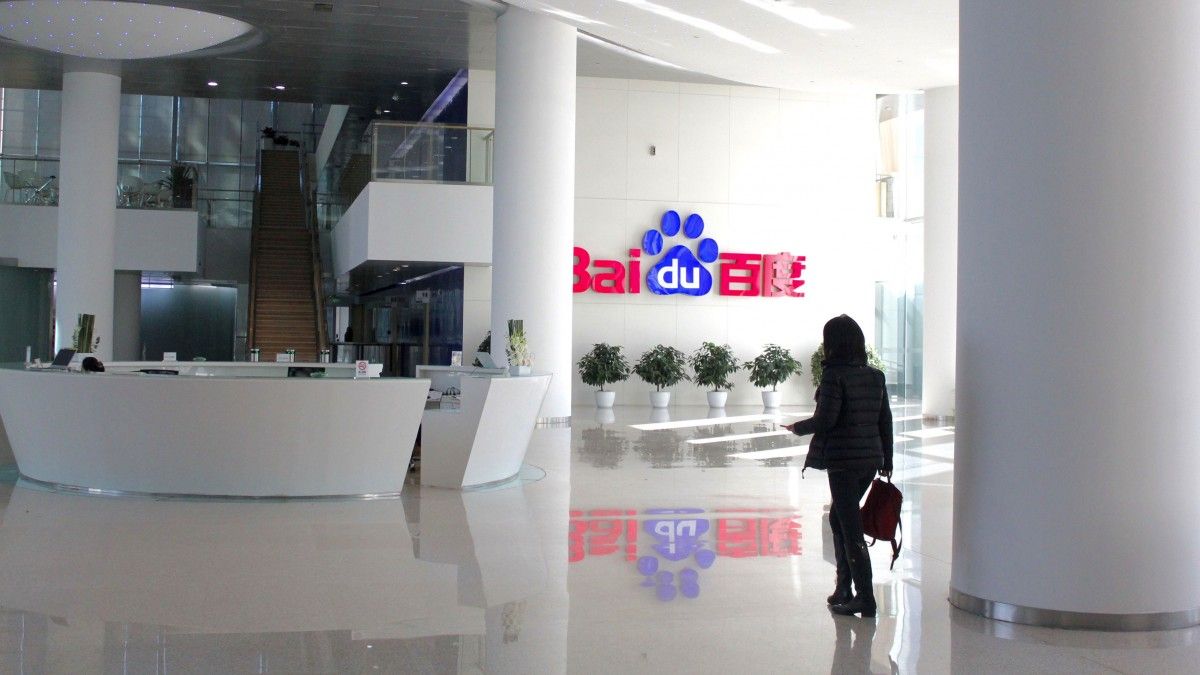

We will be able to embed storytelling directly into business strategy development, tell meaningful and memorable stories that truly connect with employees and customers, craft moments that are personalized and frictionless, and as a bonus, have the ability to harness Watson to optimize distribution across channel, demo and geography.
This is particularly resonant as I believe that just as the last twenty years mandated that every organization strive to be a technology company, the next twenty will command every winning corporation to be a content or media brand. In my view, Watson and AI will be the ingredient brand catalyzing tomorrow’s innovation at leading corporations in many ways; but media for certain will be top of the list, as AI assists them in becoming the top content studios of the future. Smaller businesses can scale these ideas using Watson as well as compelling content creation becomes an increasingly important driver of business strategy.
Tomorrow’s business success stories will be fueled by AI that extends beyond the CTO and areas of pure technology and infrastructure, to the CMO and areas ranging from culture to communication to creativity. The winning formula of the future as articulated by IBM will be creativity + technology = meaningful engagement, and the ability to activate purposeful change.

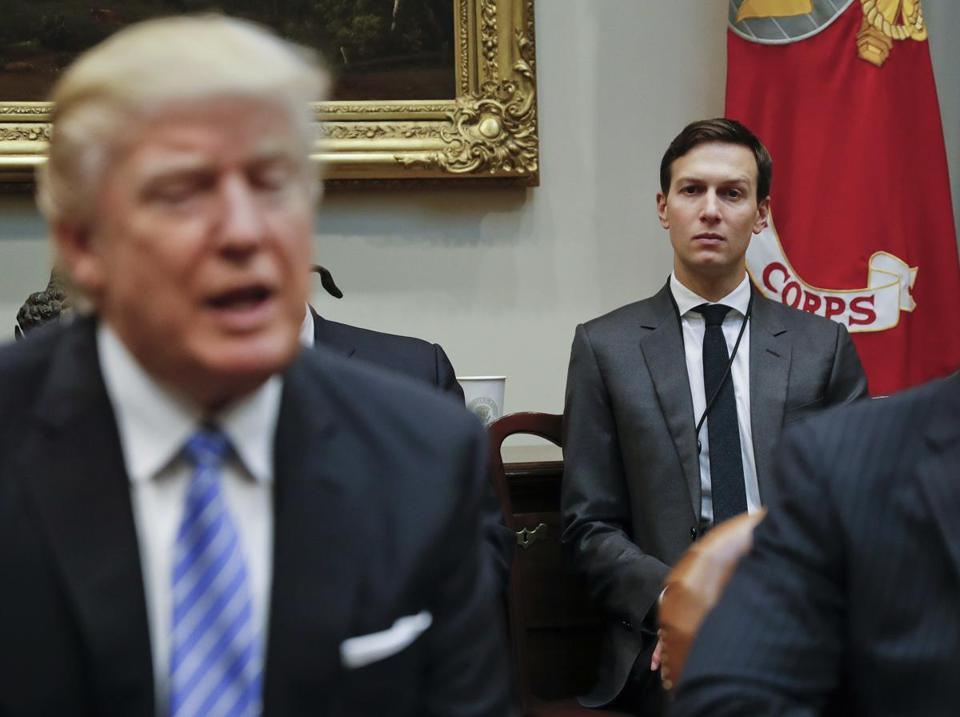
The innovation office has a particular focus on technology and data, and it is working with such titans as Apple chief executive Tim Cook, Microsoft founder Bill Gates, Salesforce chief executive Marc Benioff, and Tesla founder and chief executive Elon Musk. The group has already hosted sessions with more than 100 such leaders and government officials.
The Office of American Innovation aims to overhaul government functions using ideas from the business sector. The president’s son-in-law will lead the Office of American Innovation, which wants to overhaul government by using ideas from the business sector.
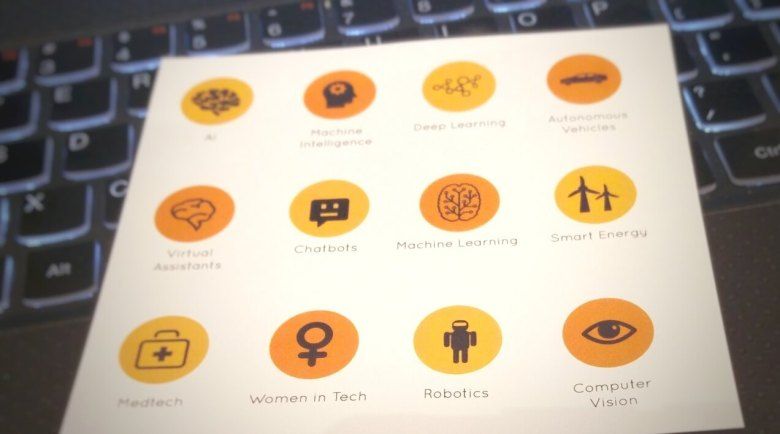
Global AI investment fever has hit Russia, with a recently launched $100 million fund making its inaugural investments.
Announced in late 2016, the fund is backed by Larnabel VC, the venture arm of the Gutseriev family, one of the richest in Russia, and VP Capital, the investment vehicle of Belarussian businessman Viktor Prokopenya.
The joint fund is sector-agnostic. “We are interested in a wide range of companies that apply AI technologies in interesting, unique, and impactful ways. We don’t restrict ourselves to specific industries or sectors. We are interested in every application of artificial intelligence, from fintech to entertainment, to education, and beyond,” Prokopenya told East-West Digital News.
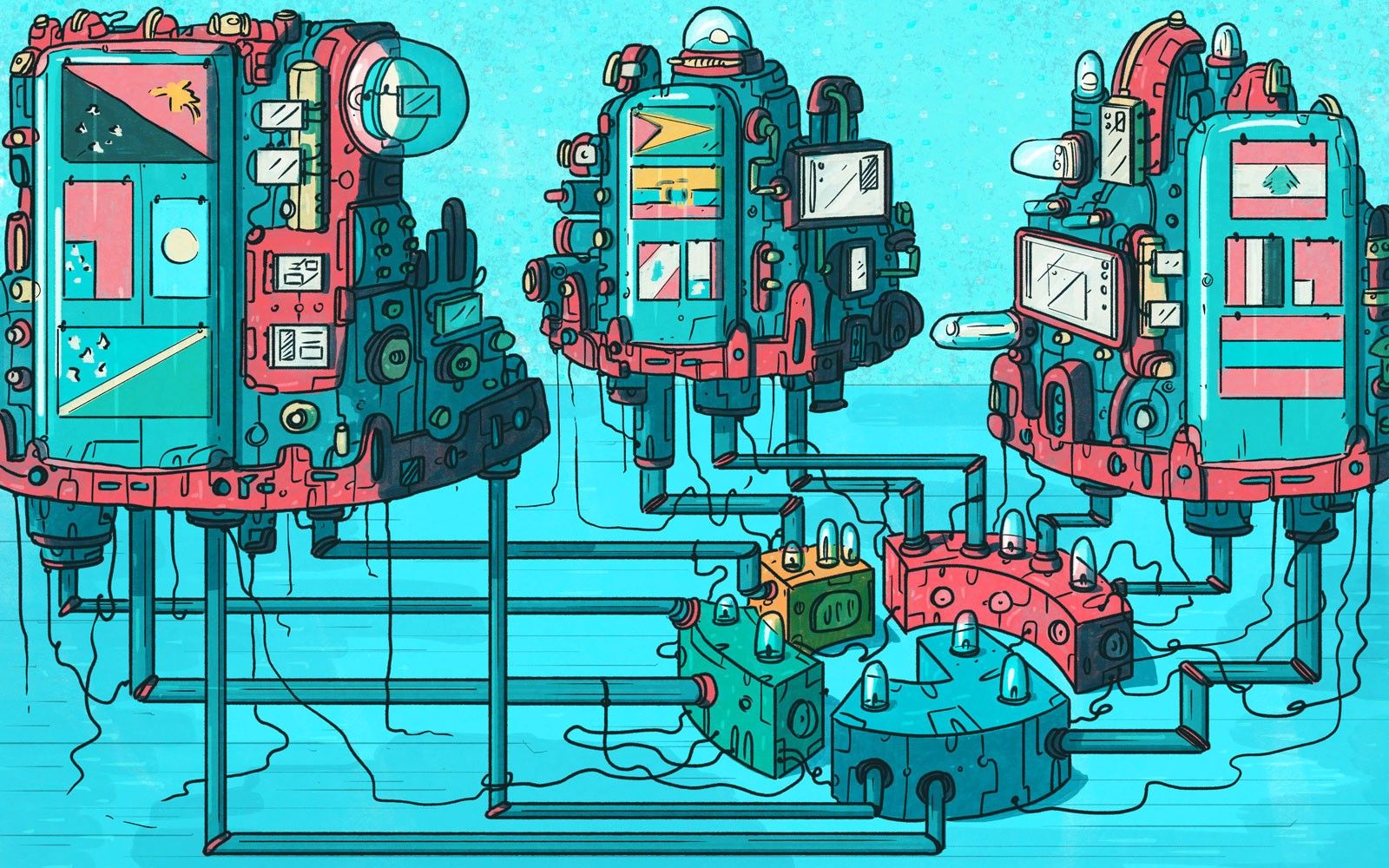
“Transporting the magic of Silicon Valley to other cities is a trope so old, and so beloved by government bureaucrats, that these days it hardly quickens the pulse.”
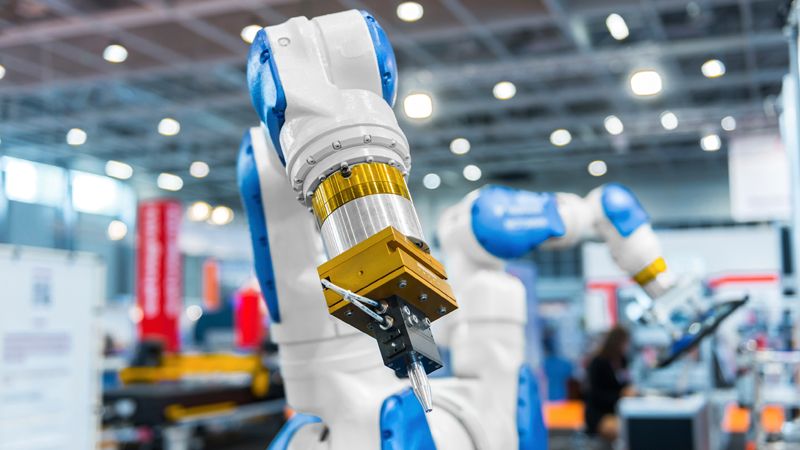
Bug-out bags/survival kits are a controversial topic. Everybody has a different philosophy about what makes a good one. This is Brent’s. While bigger and heavier than a lot of the bags you’ll see online, you can keep it in the closet by your front door or the trunk of your car, and you’ll be prepared for an emergency that could last many days. Brent’s kit doubles as a slick backpacking setup, so you’ll get to know your gear extremely well, and you get to have fun with it, too.
Still haven’t subscribed to WIRED on YouTube? ►► http://wrd.cm/15fP7B7
CONNECT WITH WIRED
Web: http://wired.com
Twitter: https://twitter.com/WIRED
Facebook: https://facebook.com/WIRED
Pinterest: https://pinterest.com/wired
Google+: https://plus.google.com/+WIRED
Instagram: http://instagram.com/WIRED
Tumblr: http://WIRED.tumblr.com
Want even more? Subscribe to The Scene: http://bit.ly/subthescene
ABOUT WIRED
WIRED is where tomorrow is realized. Through thought-provoking stories and videos, WIRED explores the future of business, innovation, and culture.
How to Pack for the Apocalypse | OOO with Brent Rose.
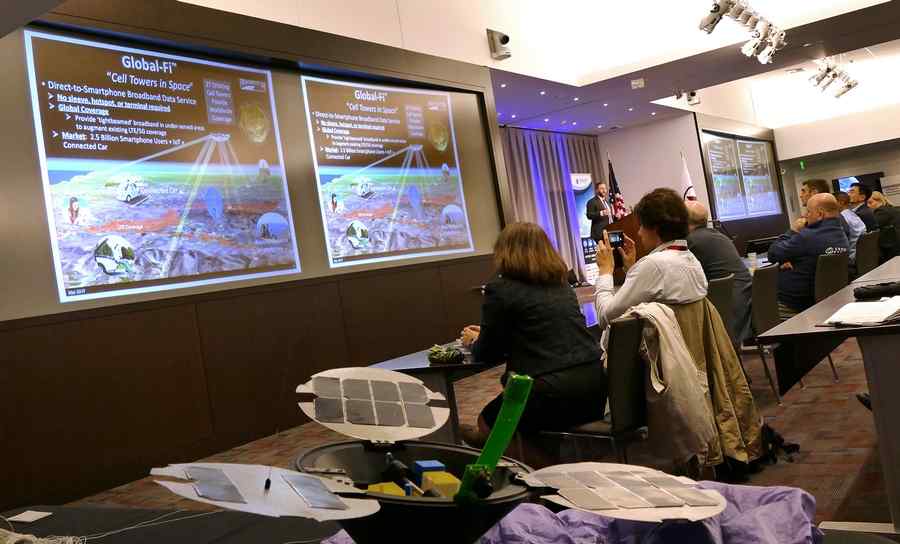
Ten of the most promising new regional aerospace start-up companies descended on El Segundo on Tuesday to pitch their futuristic concepts for the next wave of industry advancement, from orbiting cell towers in space to drones that communicate with each other.
The event, organized by new-tech business support company Starburst Accelerator, was held at The Aerospace Corp., the research and development arm of the adjacent Los Angeles Air Force Base.
Such meetings between legacy aerospace companies and energetic up-and-comers are becoming commonplace, as the industry works to keep up with a flood of technological advancements propelling the commercialization of low-Earth orbit.